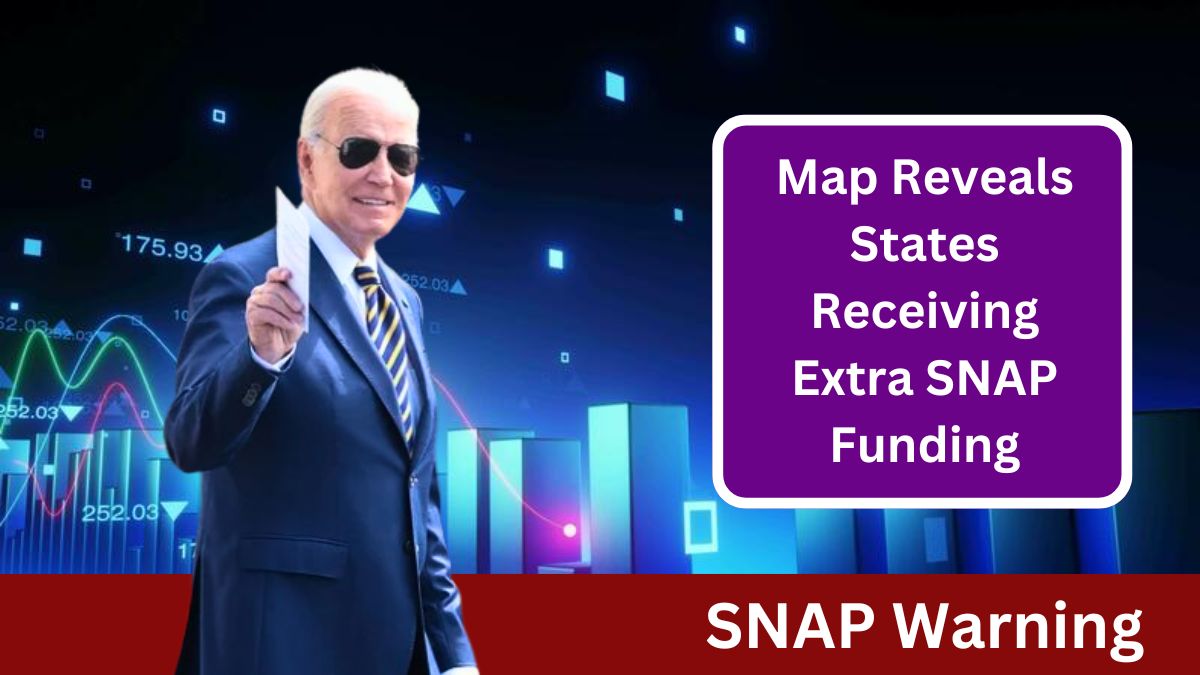The U.S. Department of Agriculture (USDA) is making strides to combat fraud in the Supplemental Nutrition Assistance Program (SNAP) by awarding $4.9 million in grants to 10 states. These funds will aid states in deploying technology, education, and preventative measures to reduce the impact of SNAP benefit fraud, which has become increasingly common due to digital scams like cloning, phishing, and skimming. This new funding highlights the USDA’s commitment to securing SNAP benefits for low-income families nationwide.
SNAP Benefit Fraud
SNAP provides food assistance via Electronic Benefit Transfer (EBT) cards, which function much like debit cards and are reloadable monthly. Unfortunately, these cards are vulnerable to similar fraud tactics as regular credit and debit cards. In the second quarter of 2024, over 67,000 cases of stolen benefits were reported, amounting to more than $32 million in lost claims.
USDA Grants
The USDA selected 10 states for these grants, which have been allocated to health and human services departments for each state. Here is the list of awarded states:
- Illinois Department of Human Services
- Florida Department of Children and Families
- Kentucky Cabinet for Health and Family Services
- Maine Department of Health and Human Services
- Michigan Health and Human Services
- Minnesota Department of Human Services
- Mississippi Department of Human Services
- Montana Department of Public Health and Human Services
- Texas Health and Human Services Commission
- West Virginia Department of Human Services
SNAP Fraud Prevention Funding
Each state has been granted flexibility in using the funds to address specific fraud-related issues within SNAP. Below is an outline of how different states plan to utilize their funding:
| State | Agency | Primary Use of Funds |
|---|---|---|
| Illinois | Department of Human Services | Media campaigns to educate on EBT card security |
| Florida | Department of Children and Families | Staff training for fraud prevention during application reviews |
| Kentucky | Cabinet for Health and Family Services | Education for SNAP recipients, retailers, and local offices on fraud |
| Maine | Department of Health and Human Services | Enhancing fraud detection technology at local offices |
| Michigan | Health and Human Services | EBT system upgrades to detect unusual transaction patterns |
| Minnesota | Department of Human Services | Card technology upgrades for added security |
| Mississippi | Department of Human Services | Awareness campaigns on social media about common EBT scams |
| Montana | Public Health and Human Services | Training for public assistance employees on detecting fraud early |
| Texas | Health and Human Services Commission | Card security upgrades and applicant screening improvements |
| West Virginia | Department of Human Services | Preventive technology for secure transaction processing |
Addressing Stolen Benefits
Under current federal regulations, states are required to replace stolen SNAP benefits for affected recipients. However, the USDA’s recent grants cannot be used to reimburse stolen benefits directly; instead, these funds are designated for fraud prevention measures. Stolen benefit replacements come from separate federal funds, enabling states to provide financial recovery for victims of EBT fraud.
USDA’s Commitment
In a statement, Cindy Long, Deputy Under Secretary for USDA Food, Nutrition, and Consumer Services, emphasized the importance of these grants in protecting vulnerable households. “USDA and the Biden-Harris administration remain unwavering in their dedication to strengthening SNAP, protecting vulnerable households, and combating fraud,” Long said. She highlighted that these grants are critical to ensuring that states have the resources to provide SNAP benefits with integrity and security.
Fraud Prevention Efforts
SNAP benefits are essential for millions of Americans, and fraudulent activity disrupts the financial stability of those who rely on this assistance. With rising incidences of SNAP fraud, these grants will help states tackle fraud through technology upgrades, education, and training. As states implement new safeguards, these measures are expected to provide stronger defenses against fraudulent schemes targeting SNAP recipients.
FAQs
What is SNAP fraud, and how does it occur?
SNAP fraud often happens through EBT card scams, such as skimming, phishing, or card cloning, resulting in stolen benefits.
Which states received USDA grants for SNAP fraud prevention?
The USDA awarded grants to Illinois, Florida, Kentucky, Maine, Michigan, Minnesota, Mississippi, Montana, Texas, and West Virginia.
Can the grants replace stolen benefits?
No, these grants cannot replace stolen benefits. Separate federal funding is used for benefit reimbursements.
How are the USDA funds being used?
States are using the grants to improve EBT security, educate recipients, train staff, and implement anti-fraud technology.
What is USDA’s stance on SNAP security?
The USDA is committed to protecting SNAP recipients and strengthening SNAP integrity with new resources to combat fraud.











